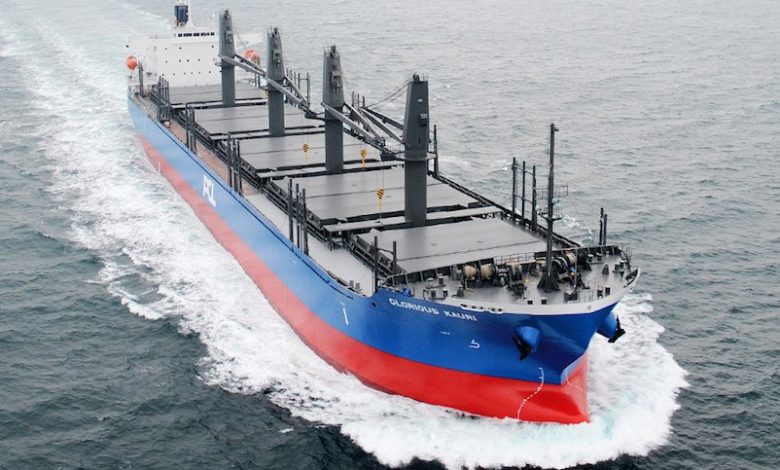Cooperation rather than competition in dry bulk

Evolutionary biologists and sociologists tell us that individuals can better themselves with respect to other group members by competing, but that a group as a whole benefits by cooperation among its members.
Considering that dry bulk rates have been a disaster for virtually all of the last few years with no respite in sight, it is worth examining what cooperative actions might help return the segment to prosperity. In particular very creative activities need to developed to eliminate the overall problem, overcapacity. With limited global growth and no light at the end of the tunnel, simply waiting will not work.
As pointed out last week on Splash, “radical action” is required as the BDI nears 300. The article stated, “1,430 dry bulk vessels of 20,000 dwt and above – equating to 14.9% of the current fleet – would need to be laid up to get rates back to sustainable levels…”
Clearly radical action must include creative solutions. Solutions that include cooperation rather than competition between owners are in order.
First, in evaluating capital acquisitions, the question should not be only what benefit is this to one’s own operations and balance sheet, but whether the action benefits the entire industry by reducing capacity. For example, a large firm with capital resources might look at an upcoming bankruptcy sale that appears to not offer a positive situation. But a decision to buy the ships and either lay them up or scrap them immediately would reduce the capacity of the sector. A few such transactions will not make a difference but many would. In fact if many such transactions take place, the increased dry bulk rates will more than offset the losses on those earlier transactions.
Another approach would be for the shipping industry to demand insurers stop covering older ships. Perhaps the industry could itself lobby for raising limits on insurance payout limits. This would give insurance companies pause to cover every older vessel that cruises by.
The industry also could lobby for stricter pollution standards, with both penalties and rewards for compliance, but no rewards, such as subsidies, for any newbuilds.
Such regulations could hasten retirement through scrapping of older vessels.
The point here is not that any of these particular suggestions are workable, but that managements must be thinking out of the box and must look at the long run by cooperating and not competing.
International conferences should have sessions on developing creative solutions and on cooperation. One thing is clear, geopolitical analysis shows that austerity is killing the global economy and the political depth for continuing austerity policies is very deep. There is no chance rates will improve in the next two years unless drastic action is taken now.
Of course under no condition order any newbuild. A more efficient and less polluting ship will be available in due time when rates are back up. Scrapping and laying up are the orders for the day.
Optimism has been as successful as curing one’s cancer by consulting a witch doctor. The same for pessimism. Examining actual facts is the only path to take.
